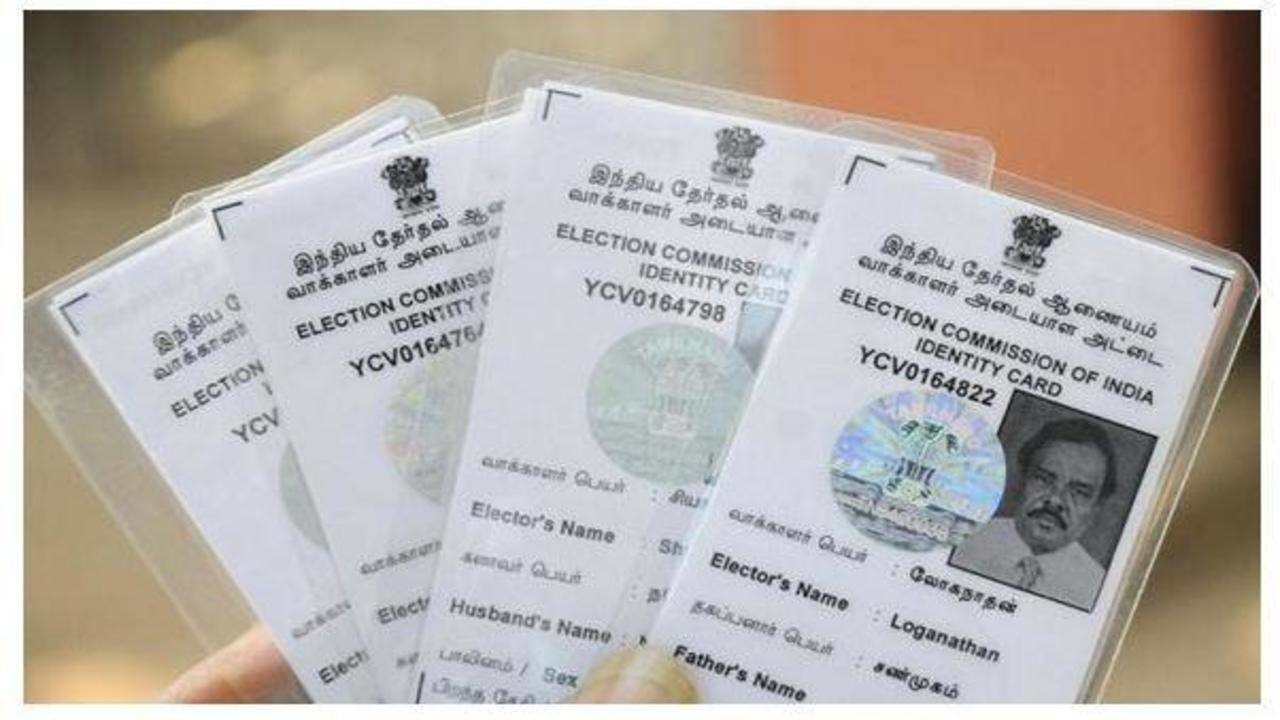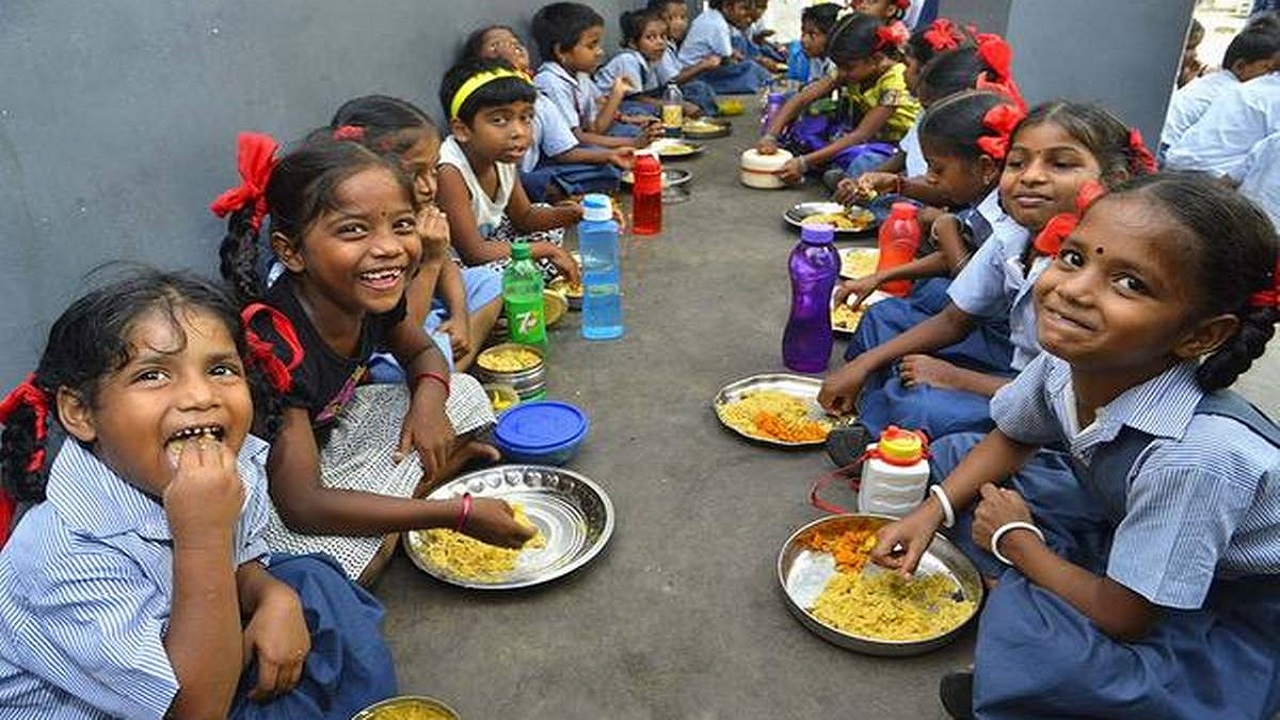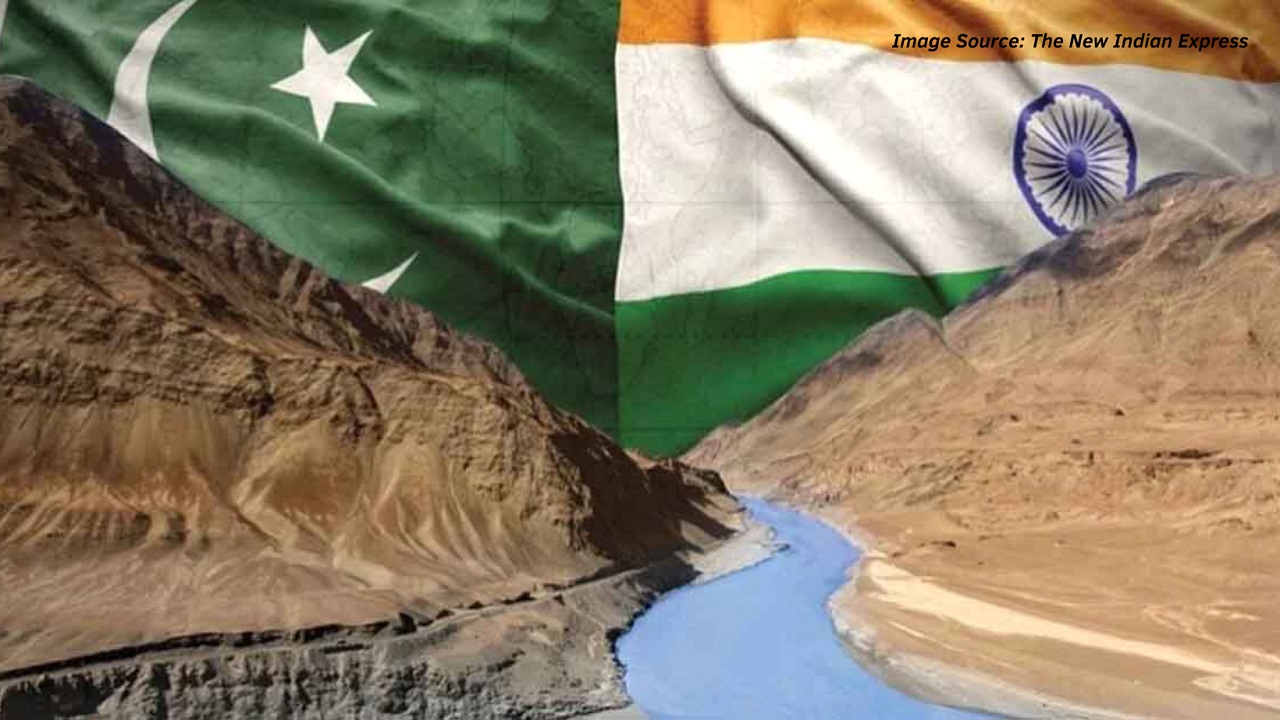The Voter ID System and Citizenship Verification: A Governance Challenge
Context:
Following the recent terrorist attack in Pahalgam, Jammu & Kashmir, the Government of India undertook strong security and administrative measures. One major step was the deportation of several Pakistani nationals residing in India without legal authorization.
Key developments:
-
Hundreds of Pakistani nationals have been deported from India.
-
Many deportees were found in possession of Indian identity documents such as:
-
Aadhaar cards
-
Ration cards
-
Voter ID cards
-
This incident has brought to light serious concerns regarding the loopholes in India's voter registration and identity verification systems. It is a relevant issue for civil services preparation due to its connections with governance, internal security, and electoral reforms.
Constitutional and Legal Provisions Related to Voting
Right to Vote under the Constitution
-
Article 326 of the Indian Constitution guarantees the right to vote.
-
Applicable to every Indian citizen aged 18 years or above.
-
Voting rights apply to elections for:
-
Lok Sabha
-
State and Union Territory Legislative Assemblies
-
Disqualification from Voter Registration (Section 16, RP Act, 1950)
A person is disqualified from registering as a voter if they:
-
Are not a citizen of India
-
Are of unsound mind, as declared by a competent court
-
Are disqualified under laws related to corrupt practices or election offences
Voter Registration Process and Loopholes
Application through Form 6
-
Used for applying as a new voter with the Election Commission of India
-
Requires self-attested documents for:
-
Proof of age
-
Proof of address
-
-
No mandatory requirement to submit proof of citizenship
-
Applicants must sign a self-declaration affirming Indian citizenship
This creates a potential loophole, as citizenship is taken at face value without documentary evidence.
Penalties for False Citizenship Declaration (Section 31, RP Act)
-
False declaration of citizenship is a punishable offence
-
Punishment includes:
-
Up to one year of imprisonment
-
Or a fine
-
Or both
-
Verification of Voter Registration Claims
Role of Electoral Officers
-
Electoral Registration Officer (ERO) is responsible for verifying voter applications
-
ERO is supported by Booth Level Officers (BLOs) who assist in collecting forms and documents
Verification Process
-
Initial burden of proof lies on the applicant to establish Indian citizenship
-
The ERO is expected to conduct independent verification
-
If doubts or objections are raised, the ERO may initiate hearings or inquiries
Special Considerations
-
In the case of internal migrants, the ERO may consult the District Election Officer of the previous residence
-
For married women lacking documentation:
-
Prior voter registration as an unmarried woman may be accepted
-
Village-level certificates or marriage proof may also be used
-
Objections to Citizenship
-
If someone objects to the applicant’s citizenship, the burden of proof initially falls on the objector
-
However, the ERO may still request the applicant to furnish proof of Indian citizenship
Issue of Non-Citizens Holding Voter IDs
Past Incidents
-
There have been earlier instances where non-citizens managed to obtain Indian voter IDs
-
The Election Commission has:
-
Identified and removed such individuals from the electoral rolls
-
Initiated legal proceedings in valid cases
-
Aadhaar-Voter ID Linkage
-
Election Commission has been working to link Aadhaar with Voter ID to detect and prevent fraud
-
Intended to eliminate duplication and bogus entries
Limitations of Aadhaar Linkage
-
Aadhaar does not serve as proof of Indian citizenship
-
Non-citizens can still obtain Aadhaar based on residence information
-
Aadhaar linkage cannot alone ensure exclusion of ineligible voters




Comments (0)